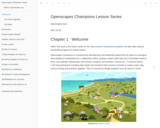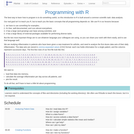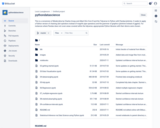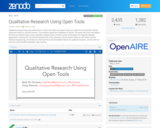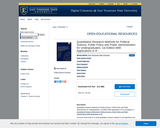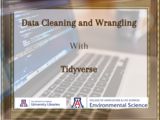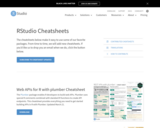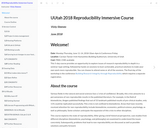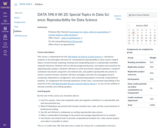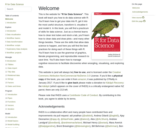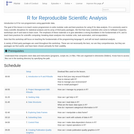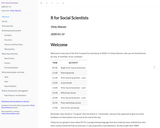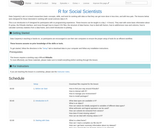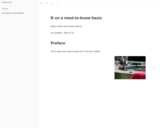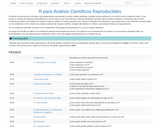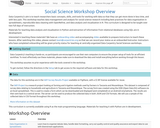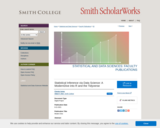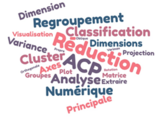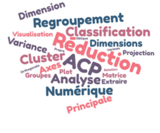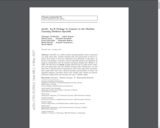
OpenML is an online machine learning platform where researchers can easily share data, machine learning tasks and experiments as well as organize them online to work and collaborate more efficiently. In this paper, we present an R package to interface with the OpenML platform and illustrate its usage in combination with the machine learning R package mlr (Bischl et al, 2016). We show how the OpenML package allows R users to easily search, download and upload data sets and machine learning tasks. Furthermore, we also show how to upload results of experiments, share them with others and download results from other users. Beyond ensuring reproducibility of results, the OpenML platform automates much of the drudge work, speeds up research, facilitates collaboration and increases the users’ visibility online.
- Subject:
- Social Science
- Material Type:
- Reading
- Author:
- Benjamin Hofner
- Bernd Bischl
- Dominik Kirchhoff
- Heidi Seibold
- Jakob Bossek
- Joaquin Vanschoren
- Michel Lang
- Pascal Kerschke
- Giuseppe Casalicchio
- Date Added:
- 11/13/2020
